deep learning
Latest

Intel's latest acquisition is a $2 billion push into AI
Intel just spent approximately $2 billion to acquire Israel-based AI firm Habana Labs. The partnership will "turbo-charge" Intel's AI offerings for data centers, Intel said in a press release.
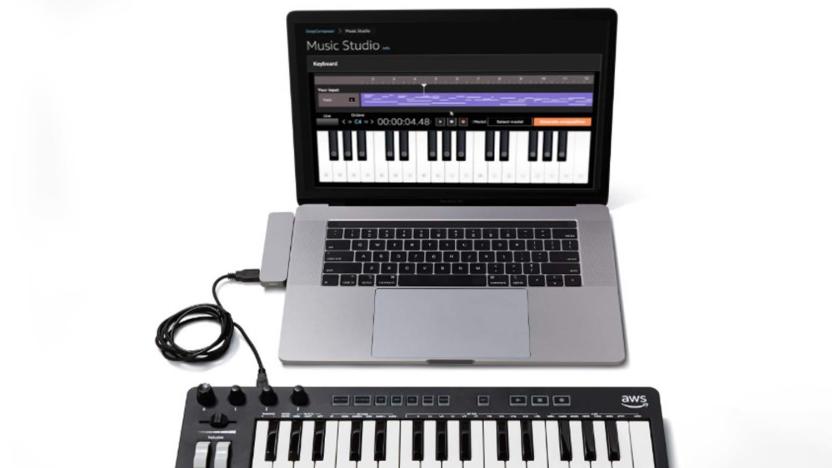
Amazon created a musical keyboard to help developers learn about AI
Amazon has just announced AWS DeepComposer, what the company claims is the world's first machine-learning enabled musical keyboard. In practice, the actual device is a lot simpler than Amazon's grand statement might make it seem.
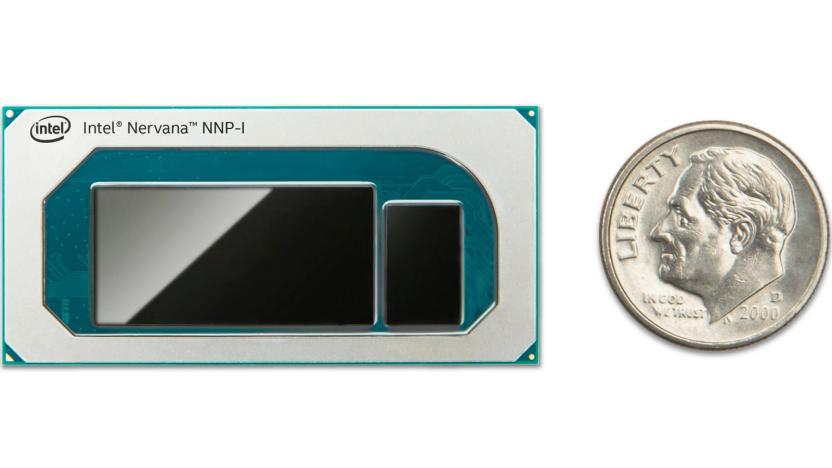
Intel unveils its first chips built for AI in the cloud
Intel is no stranger to AI-oriented chips, but now it's turning its attention to those chips that might be thousands of miles away. The tech firm has introduced two new Nervana Neural Network Processors, the NNP-T1000 (below) and NNP-I1000 (above), that are Intel's first ASICs designed explicitly for AI in the cloud. The NNT-T chip is meant for training AIs in a 'balanced' design that can scale from small computer clusters through to supercomputers, while the NNP-I model handles "intense" inference tasks.
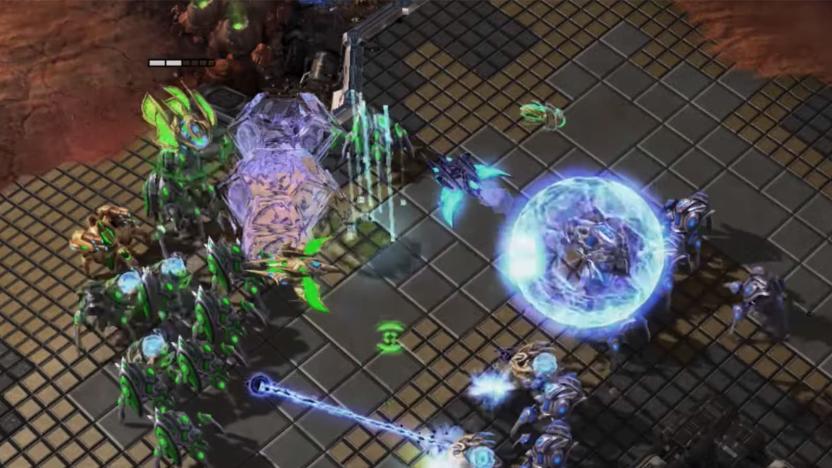
DeepMind AI now keeps up with 'StarCraft II' Grandmasters
DeepMind's StarCraft II AI can already hang with human players, but now it's ready to handle the best of the best. The team has revealed that its AlphaStar AI can play one-on-one matches in the real-time strategy game at a Grandmaster level for all three factions (Terran, Protoss, Zerg). The AI is better than 99.8 percent of human players on Battle.net, according to DeepMind. It's also governed by real-world restrictions, such as using the same virtual camera views, limited map info and even the number of actions per minute. The trick was to mimic the training of pro StarCraft players using a modified version of the usual reinforcement learning system.

AI can help doctors spot brain hemorrhages faster
AI is already capable of discovering medical conditions with a high degree of accuracy. However, brain hemorrhages are particularly challenging -- false positives slow things down, while missing even a tiny hemorrhage could be deadly. The technology might be ready for it, however. UC Berkeley and UCSF researchers have created an algorithm that detected brain hemorrhages with accuracy better than two out of four radiologists in a test. The key was the algorithm's finely-detailed training data.

MIT-IBM developed a faster way to train video recognition AI
Machine learning has given computers the ability to do things like identify faces and read medical scans. But when it's tasked with interpreting videos and real-world events, the models that make machine learning possible become large and cumbersome. A team from the MIT-IBM Watson AI Lab believe they have a solution. They've come up with a method that reduces the size of video-recognition models, speeds up training and could improve performance on mobile devices.

IBM AI helps predict breast cancer a year before it appears
IBM isn't just using AI to predict diabetes. Its researchers have developed an AI model that can predict malignant breast cancer within a year with an 87 percent accuracy rate comparable to human radiologists. While there are already AI prediction methods that rely on either mammogram images or medical records, IBM's stands out by using both -- and it's potentially more reliable as a result.
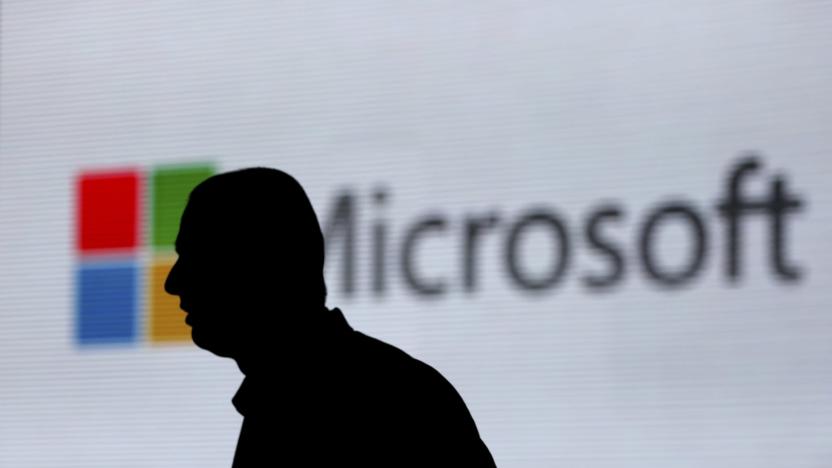
Microsoft AI creates realistic speech with little training
Text-to-speech conversion is becoming increasingly clever, but there's a problem: it can still take plenty of training time and resources to produce natural-sounding output. Microsoft and Chinese researchers might have a more effective way. They've crafted a text-to-speech AI that can generate realistic speech using just 200 voice samples (about 20 minutes' worth) and matching transcriptions.

IBM hopes AI can speed up glaucoma treatment
A glaucoma diagnosis typically requires multiple painstaking tests to accurately gauge vision loss. If IBM has its way, though, you might just have to ask a computer to do the hard work. The company's research wing has used AI to discover retina imaging data that could be used to detect and manage glaucoma. A deep learning system estimates the visual field index (the degree of visual function) based on a single 3D scan of the optic nerve, giving an idea of how glaucoma has developed with greater accuracy than conventional tests.

AI defeated a top-tier 'Dota 2' esports team
So much for the best Dota 2 players having the skill to fend off cutting-edge AI. OpenAI Five has beaten five players from OG, the veteran team that won Valve's 2018 International, in a best-of-three exhibition match. The Verge noted that the deep learning system thrived by relying on aggressive and unconventional methods, including instant revivals for heroes in the early stages, and picking valuable heroes. While OG put up a fight (the first round lasted over 30 minutes), it couldn't hold out.

Boston Dynamics' acquisition will help its robots see in 3D
While Boston Dynamics' robots make for fascinating -- sometimes disturbing -- internet videos, they haven't quite crossed into everyday life. That could change sooner rather than later. Boston Dynamics took a big step toward bringing its box-moving (and running, jumping, dishwashing) robots into the real world with its acquisition of Kinema Systems.

Turing Award winners include AI giants from Facebook and Google
The Turing Award has recognized some of the biggest names in AI and computing over the years, and the latest winners are particularly heavy hitters. The three prize recipients for 2018 are Google VP Geoffrey Hinton, Facebook's Yann LeCun (above) and Yoshua Bengio, the Scientific Director of the giant AI research center Mila. All three helped "develop conceptual foundations" for deep neural networks, according to the Association for Computing Machinery, and created breakthroughs that showed he "practical advantages" of the technology.
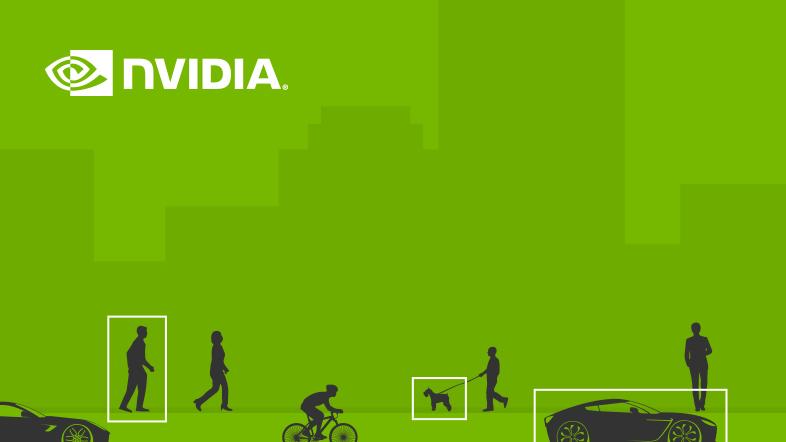
NVIDIA's AI may keep watch over smart cities of the future
Artificial intelligence is pushing into every area of our life with deep inroads to our mobile devices, our video games, and even our own brains. Video surveillance could the next step if NVIDIA's new video analytics platform, Metropolis, is successful. The initiative, announced just ahead of the annual GPU conference this week, will use learning AI to analyze the massive amount of data from surveillance video for "public safety, traffic management and resource optimization."

ICYMI: The DroneGun aims to patrol the skies
try{document.getElementById("aol-cms-player-1").style.display="none";}catch(e){}Today on In Case You Missed It: DroneShield has been touring airports across the country to test out its DroneGun, a rifle-sized UAV jammer that disables a drones' GPS and GLONASS positioning from over a mile away. While it hasn't received FCC certification yet, the DroneGun aims to force UAVs to land -- unharmed -- and could possibly lead authorities to the pilot and launch point, which could prove to be helpful in removing drones from air space or protecting soldiers against drone bombs.

Google is partnering with Oxford University to improve its A.I.
Google is assembling a team comprising some of the world's most renowned artificial intelligence researchers to create... something? Back in January, Google bought A.I. company DeepMind for a reported $400 million, and no one really knew why. Now, it's announcing a partnership with the Oxford University to further its research into image and language recognition. As part of the partnership, Google has acqui-hired two companies born from the renowned university. They are Dark Blue Labs, a startup focused on natural language understanding, and Vision Factory, which describes itself as offering "world-class, scientifically-proven object recognition and text recognition systems." All seven founders of the two companies will be joining Google, which is hoping the move will accelerate efforts to improve speech and image recognition through "deep learning," a type of artificial intelligence that mirrors biological neural networks.





